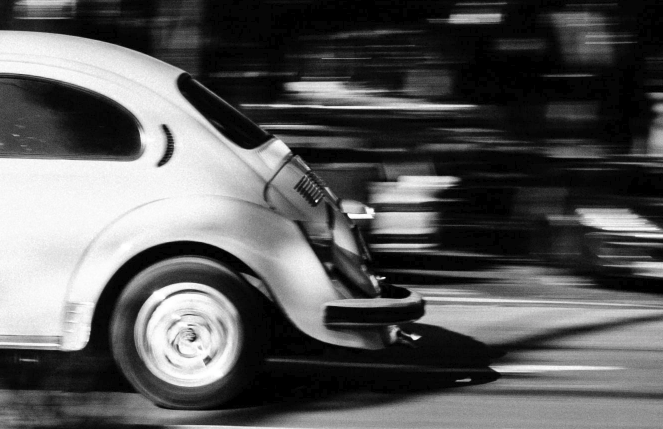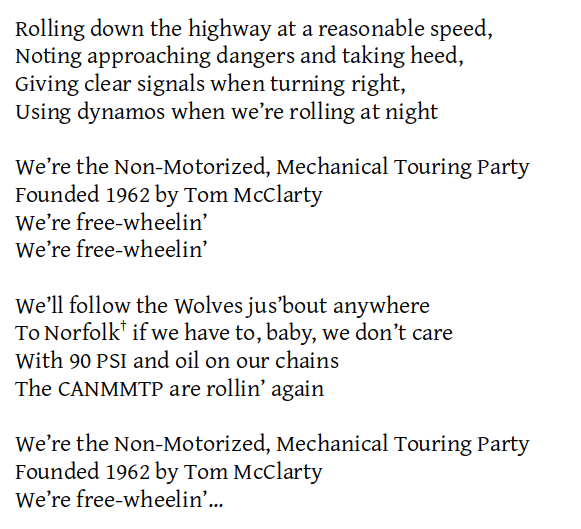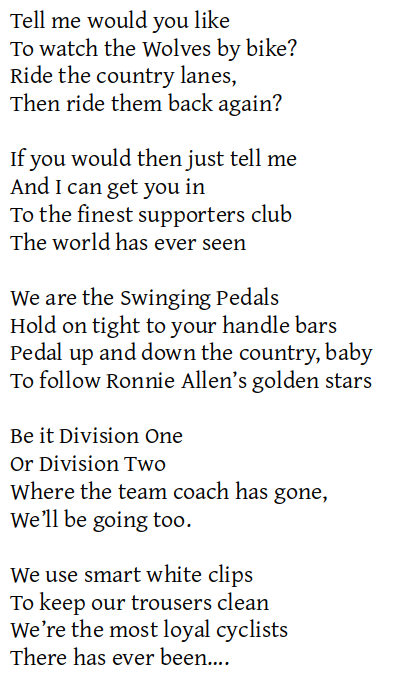“Now, hyair on the right is wair we meek the toffee, you see…” Gwynne Williams stretched out a hand toward an enormous sunken vat, with a state-of-the-art mechanical stirrer, “Now, yew’ll have to be quick, like, ‘cause the stirrer thingy will knock your arm off, but stick your hands in and get a big dollop to try. It’s bloomin’ lovely, it is!”
I didn’t fancy getting my hands all sticky, so I lit a Woodbine and watched as the others rushed off to fill their faces with the milky liquid. There followed searing screams of pain.
“Is it hot, is it?” asked Williams, approaching the vat smartly. “Tommy? Tommy?” A surly-looking worker emerged from a nearby hut. “Is the toffee hot, then? How long’s it been on?”
“About twenty minutes.”
“Bloomin’ heck! No wonder you burnt yourselves! Sorry about that. Let’s move on.”
Jack Dudley had not submerged his hand and came over to cadge a fag while we walked to the boiled sweet section. “I think Coffins is more annoyed about missing out on the sugar than burning his hand,” he muttered, drily. Eddie Gilbert, once nicknamed for his skinny build and grey palour, had recently had his moniker pluralized, as there was no way he would fit in a single casket. He had also developed two cholesterol-red cheeks Some said he was gorging himself with black-market chocolate, sugar-beet and Tizer in order to forget the War; others that he was trying to grow into his de-mob suit. Some of the lads had been trying to get him to start drinking and smoking as a healthier alternative, as yet without success.
The boiled sweets were collected in a deep pool, and we were encouraged to remove our jackets, climb in and play around. This was fairly good fun, though we lost Coffins for a short while and had to remove some obstructions from his trachea once he’d been brought to the surface. The back-slapping added some severe bruising to his second-degree burns, but Coffins remained in jovial mood as we reached the Marzipan Department.
The back-slapping added some severe bruising to his second-degree burns…
“When I’ve got a few minutes spare, like,” said Williams (I was beginning to get the impression that the chap had far more time on his hands than was profitable), “I like to mould things out of this stuff. Have a go!”
Either side of a long work bench, we began fashioning snakes, then snails, a dog. Williams occasionally got involved, encouraging some of the less able but also praising those that showed promise (such as Bert Tribbins, who got quite some way along with a miniature replica of his own house on Staveley Road), but when I noticed that Coffins was rolling out a gun to put on a Panzer turret, I thought it best that we move on.
“Not so fast,” said Williams, putting his hand out like a policeman, “I’ve got something to show you.”
From a locker he produced a wooden chopping board upon which stood a life-sized marzipan head.
“Do yew re-cognize him?” he asked with an encouraging smile.
“Lloyd George,” suggested Bert Tribbins.
“Claudette Colbert?” asked Pete Ludlow.
“Is it ‘Tanner’ Hammond?” asked Coffins. This turned out to be a mate of his he’d last seen face-down on Sword Beach.
Gwynne Williams shook his head disbelievingly. “It’s Harry Clarke!” he cried.
There was silence.
“Never heard of him,” said Jack Dudley, wiping the marzipan off his hands and lighting a Woodbine.
“Come and have a dip,” he called, already out of breath. “It’s cha-llenging at first, but you can stay afloat.”
“You’ll have heard of him by four o’clock,” replied Williams, “Best centre-half in the country, I shouldn’t wonder. Six foot three of football beauty. He makes the Great Wall of China look like a Japanese Byōbu,” he stood admiring his work for some moments more, a beatific smile on his face, then locked it up again and led us to the Chocolate Department, while removing his dust coat, tie and then his shirt. Once completely naked he dived into the chocolate.
“Come and have a dip,” he called, already out of breath. “It’s cha-llenging at first, but you can stay afloat.”
After the incident in the boiled sweet pool, I advised Coffins against swimming, and he stood with me and Jack while seven or eight chaps waved their arms in the air and tried to duck each other. After a good half hour, everybody climbed out. Coffins licked most of the chocolate off Pete Ludlow, while the other bathers washed themselves in nearby sinks. Then it was time to head to the social club for a pint and then onto the game.
This was the first and only time that FA Cup games were held over two legs, but that didn’t seem to take any of the excitement away for the players and supporters of Lovell’s Athletic, who were making their first ever third-round appearance. Harry Clarke – whom I recognized from his marzipan likeness back in the Lovell’s factory – had a very good first half, keeping Wolves at bay while his forwards fashioned a two-goal lead. Ted Vizard must have given his team a stern talking-to at half-time, though, for a rejuvenated Wanderers side ran out with a 4-2 win to take back to Molineux, to the hearty applause of those Wolves fans who hadn’t burnt their hands on sugary milk earlier in the day. Settled on the train home, I tried just one of my complimentary Lovell’s toffees, and gave the rest to Coffins, who chewed thoughtfully, looking through the window into the dark Monmouthshire hills.



